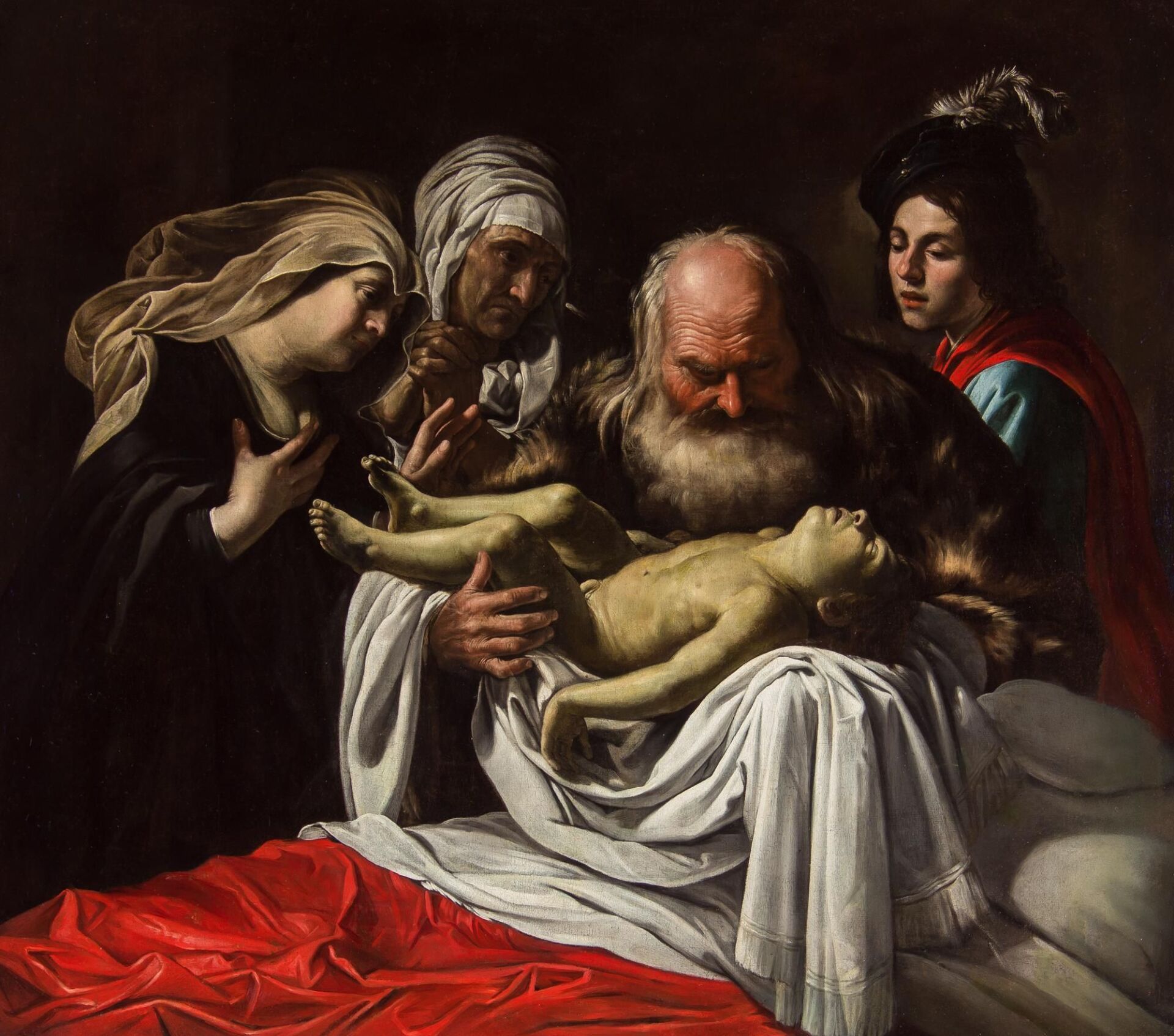Message of Abbot Paul - Sunday 30th January

Elijah revives son of the widow at Zarephath
Message from Fr Paul for Sunday, 30th January 2022
First of all, I must apologise for the breakdown in our live-streaming service, both for the 11am Sunday Mass and for Vespers at 6pm each day. This is not the fault of our equipment, but of our telephone and internet connection. It is also causing havoc with our email system. We hope that the situation will be rectified in the next few days.
---
Our Gospel reading this Sunday carries on where last Sunday’s left off, with Jesus in the synagogue at Nazareth, the town where he had been brought up. The congregation was astonished at what he was saying and “he had won the approval of all.” However, things don’t remain that way. We are reading in Luke, (Lk 4: 21-30). In fact, the townsfolk couldn’t make it out at all. He spoke with such eloquence, and yet they commented, “This is Joseph’s son, surely?” In reality, some of them must have said a good deal more than that, judging by the reaction of Jesus.
“But he replied, ‘No doubt you will quote me the saying, “Physician, heal yourself” and tell me, “We have heard all that happened in Capernaum, do the same here in your own countryside.”’
And he went on, ‘I tell you solemnly, no prophet is ever accepted in his own country.
‘There were many widows in Israel, I can assure you, in Elijah’s day, when heaven remained shut for three years and six months and a great famine raged throughout the land, but Elijah was not sent to any one of these: he was sent to a widow at Zarephath, a Sidonian town. And in the prophet Elisha’s time there were many lepers in Israel, but none of these was cured, except the Syrian, Naaman.’”
It appears that Jesus feels rejected by his own people, hence the vehemence of his reaction to what they say. It’s as though they are taunting him. He uses a number of proverbs and might well be repeating what they have said against him. He ends by reminding them of what Elijah and Elisha did, probably for lack of faith among their own people. The miracles they wrought were for the benefit of foreigners, pagans. It’s as though Jesus is saying that if the Nazarenes reject him, then he will go to the Gentiles, or at least to other towns and villages. Is there some rivalry or antipathy between Nazareth and Capernaum? The reaction of the people of Nazareth to Jesus’ words and the intensity of their anger are such that they want to kill him. An ugly scene ensues. This is how Luke describes what happened, “When they heard this everyone in the synagogue was enraged. They sprang to their feet and hustled him out of the town; and they took him up to the brow of the hill their town was built on, intending to throw him down the cliff, but he slipped through the crowd and walked away.” This is a lynching, no doubt about it, but Jesus manages to escape. Did he ever return to Nazareth later in his mission? It seems unlikely. No mention of it is made of such a visit elsewhere.
What do we learn from today’s Gospel? That when people oppose us for our Christian views or way of life, we shouldn’t be surprised. Why should we be treated any differently to Jesus himself? Secondly, that just as suddenly as we are everyone’s favourite one moment, we can become rejected and hated the next. But more important and thirdly, no matter how difficult life becomes at times, we must never loose that inner peace that comes from being united in Christ with God our Father and rely on the power and love of the Holy Spirit. Lord, be with us always and keep us close to you at all times. Amen.









